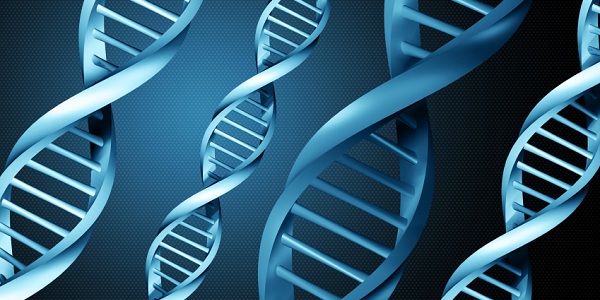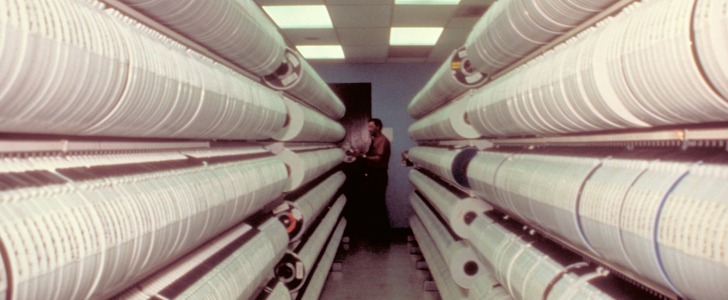It may be too early to start firing up your DNA thumb drive, but that’s not out of the question in the near future. A British scientist has imprinted 739kb of data onto a strand of synthetic DNA that includes 154 of Shakespeare’s sonnets, a photo, a PDF of a scientific paper, and a 26-second sound clip from US civil rights leader Martin Luther King Jr’s “I Have a Dream” speech, according to the South China Morning Post.
The technology opens many doors for data storage. DNA has been shown to be extremely durable over time and requires no energy to maintain. Data storage devices have been getting smaller while capacities have grown with USB drives over a terabyte that fit in the palm of hand, but this technology could conceivably fit the entirety of human data, around three zettabytes (that’s three billion terabytes) in approximately the same physical space.
The DNA is synthesized with the binary code imprinted using the four-letter DNA alphabet. From there, the DNA “speck” is reconstituted in water and sequenced to create readable digital files. It’s in the code sequencing that the speed-factor of the technology comes into play; it took two weeks to “download” the files. In a world that requires instant data retrieval, the challenges are apparent. They are, however, not insurmountable. Once the cost and speed of the retrieval process are reconciled, we should be able to get our DNA drives humming.
In the meantime, there are still amazing uses. For long-term storage of data, it’s hard to beat. One needs only store it in a cool, dark area and the DNA could theoretically store data for decades, even centuries, without much risk of data decay.
Some might think that this is the beginning of the end, that our synthetic life overlords are being born in the primordial goo of a lab in England. The study’s co-author says we shouldn’t worry.
“We have absolutely no intention of messing with life,” said Nick Goldman of the European Bioinformatics Institute in Cambridge.




